UK junior doctors’ strike will have ‘catastrophic impact’ on healthcare: NHS chief
The four-day strike by tens of thousands of doctors at Britain's state-funded health care system could be “catastrophic” and postpone up to 350,000 appointments and surgeries, a senior health official said on Tuesday.
Matthew Taylor, National Health Service (NHS) chief executive, said the industrial action this week by doctors early in their careers poses risks to patient safety and called on the public to avoid “risky behavior”.
“These strikes are going to have a catastrophic impact on the capacity of the NHS to recover services,” Taylor said. “The health service has to meet high levels of demand at the same time as making inroads into that huge backlog that built up before Covid, but then built up much more during Covid," he said.
The fresh wave of industrial action started early Tuesday and will continue through Saturday, as junior doctors seek to secure a pay rise of about 35 percent, what the government dismissed as “unreasonable”.
Instead of engaging in a “battle of rhetoric,” Taylor urged the government and British Medical Association (BMA) to begin negotiations as the strike is putting “immense pressure” on staff and services with the health service set to lose the “largest part of their workforce” due to strikes.
“I think what’s the most depressing thing about the last few days is that, even as we become more acutely aware of the impact of these strikes, what we’re seeing is a battle of rhetoric rather than talks, and we need to see the two sides start talking,” the NHS chief said.
The strikes are the most recent in a long-running dispute between public sector unions and the government across England.
More than 175,000 patient appointments and procedures were postponed or cancelled during the junior doctor strike in March, adding to the healthcare system’s strain as it tries to clear a waiting list of about 7 million patients.
Junior specialists account for almost half of all specialists working inside the NHS, the country's public health system.
The BMA says junior doctors have lost more than 25% of their pay, and they want the health secretary to negotiate a resolution to 15 years of “pay erosion.”
The organization has stated the strikes could be avoided if the government made a “credible” pay offer, but the Department of Health and Social Care wants the strikes dropped before negotiations begin.
The strike is considered the longest industrial action in the health service since nurses, ambulance crews and other health workers took action last year.
British Health Secretary Steve Barclay has said the doctors' demand is “unrealistic” and said strikes had been planned to “cause maximum disruption."
With inflation soaring above 10 percent and a surge in food and heating also going up, wages have fallen in real terms with people struggling to pay bills.
US senator threatens military action against ICC over Netanyahu indictment
Iran: ICC indictment of Netanyahu should have included 'genocide'
VIDEO | IAEA anti-Iran resolution
Iran urges pope to help end Israeli onslaught in Gaza
VIDEO | ICC's warrant against Netanyahu
VIDEO | Dispute over 'self-defense' clause
Israel destroys 8-story residential building in missile strike in Beirut
Nov. 22: ‘Axis of Resistance’ operations against Israeli occupation


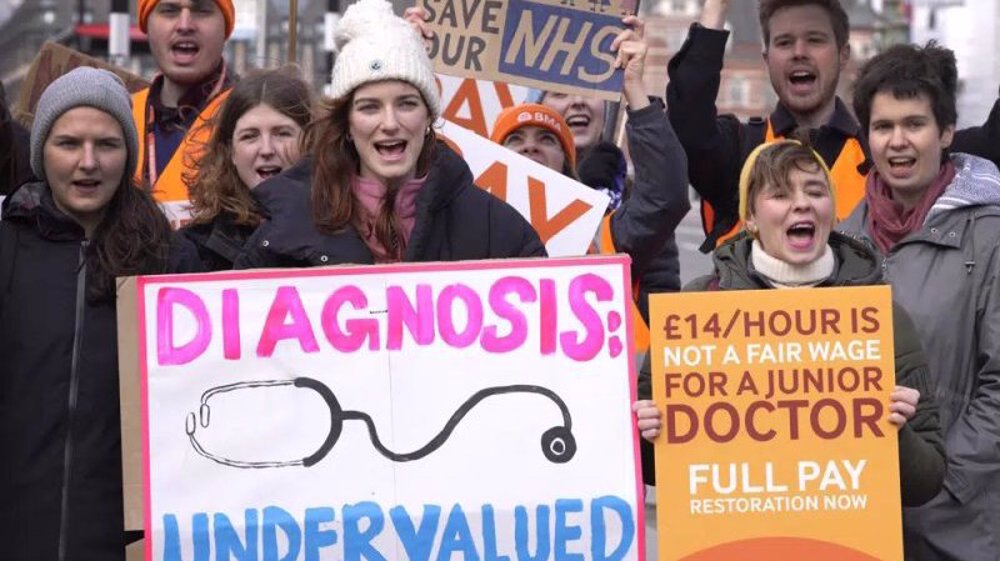

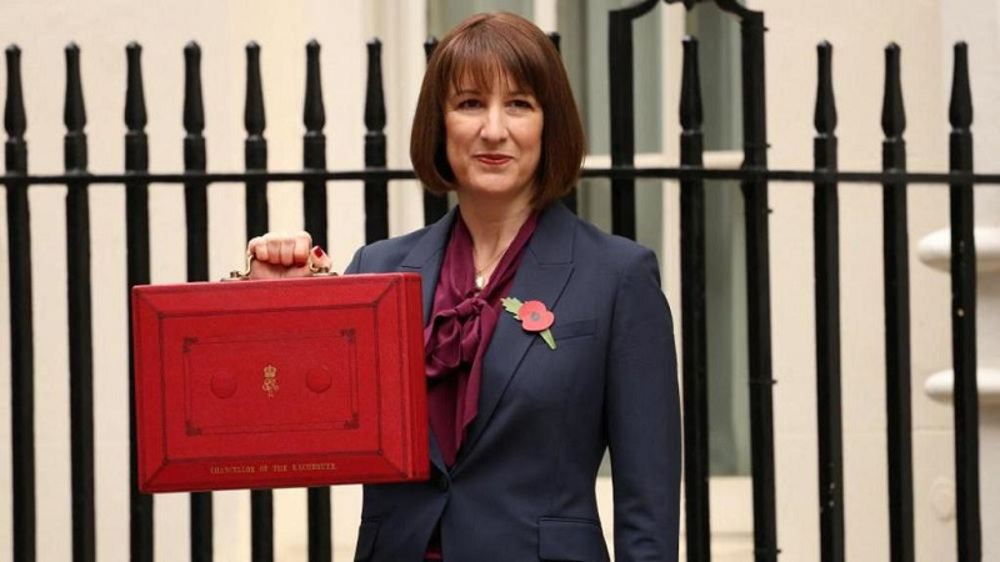
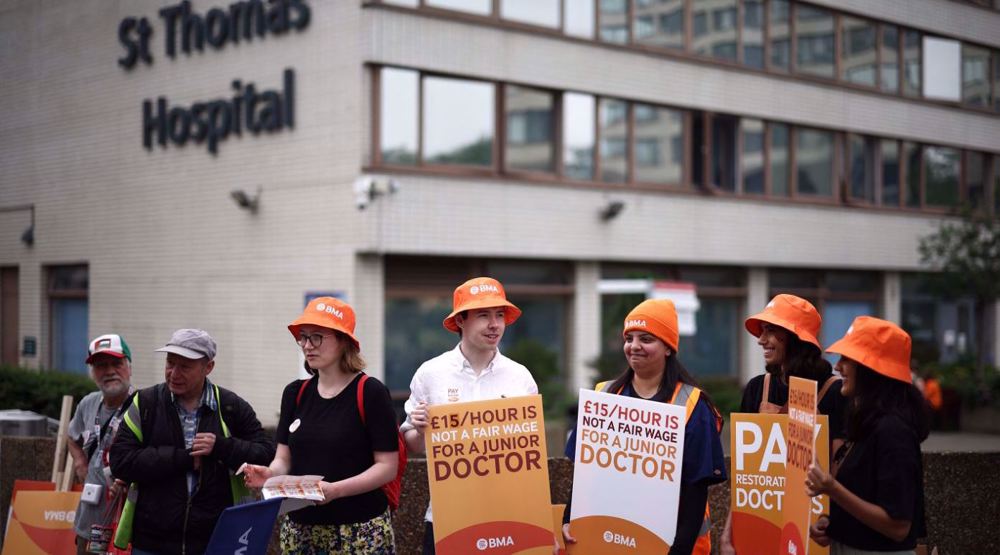



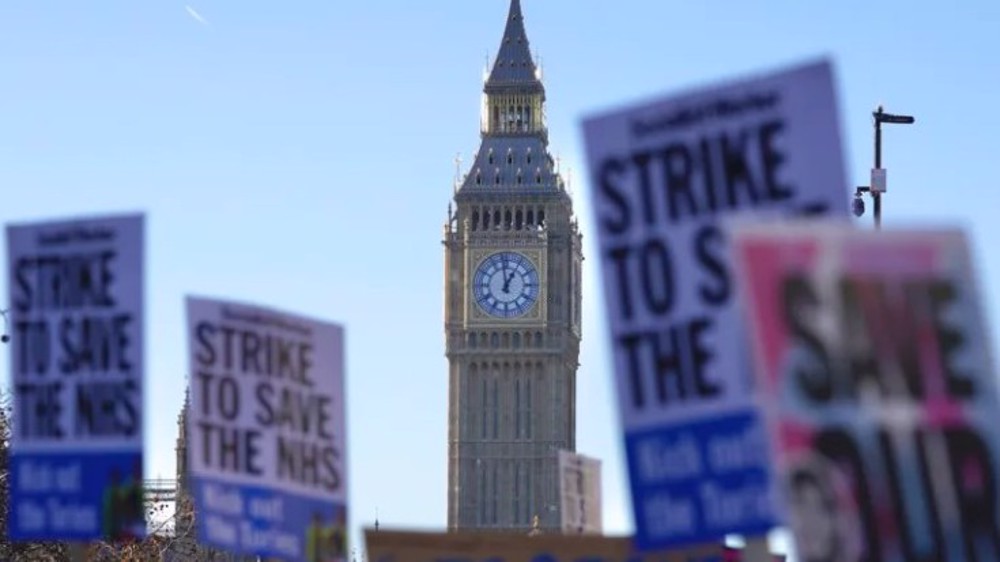


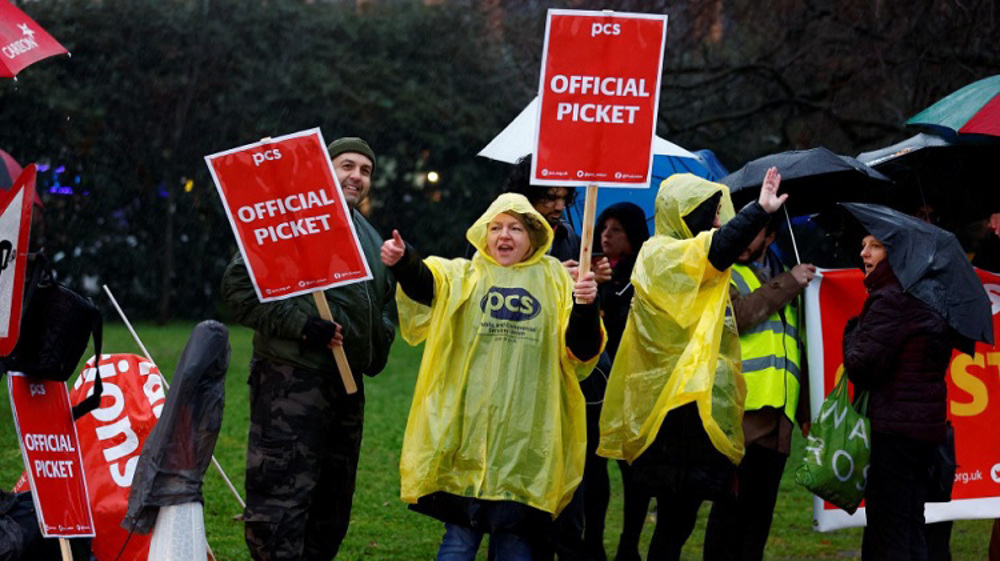
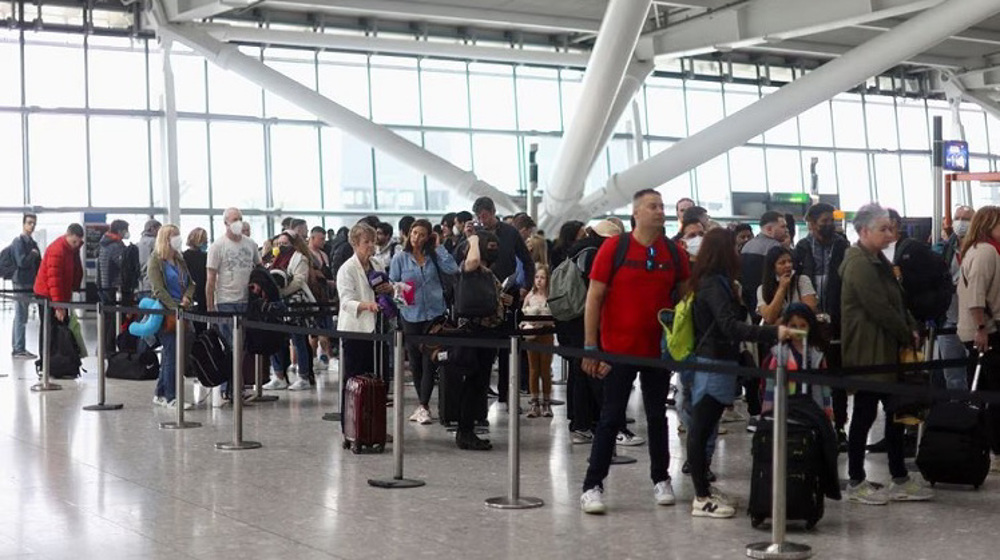
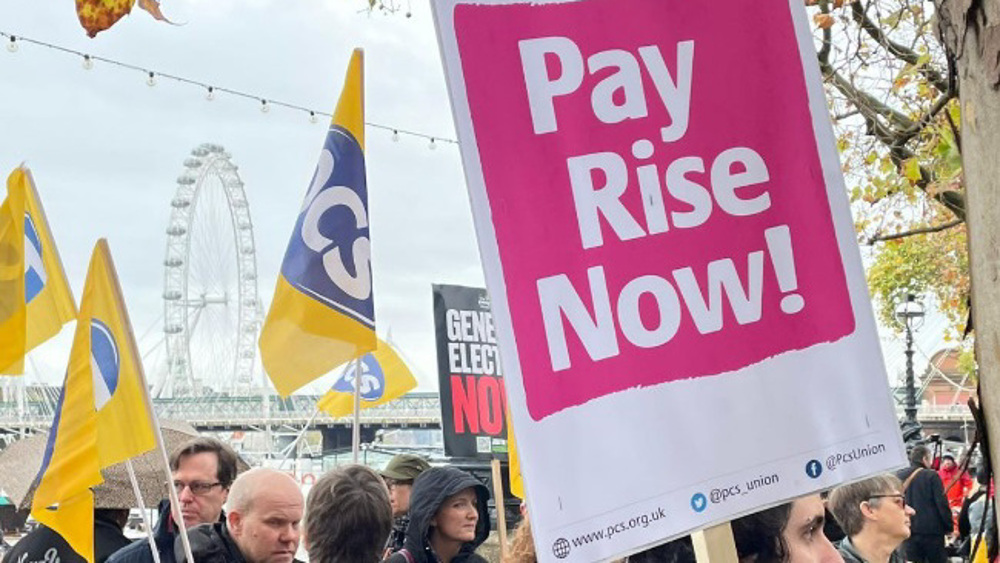

 This makes it easy to access the Press TV website
This makes it easy to access the Press TV website